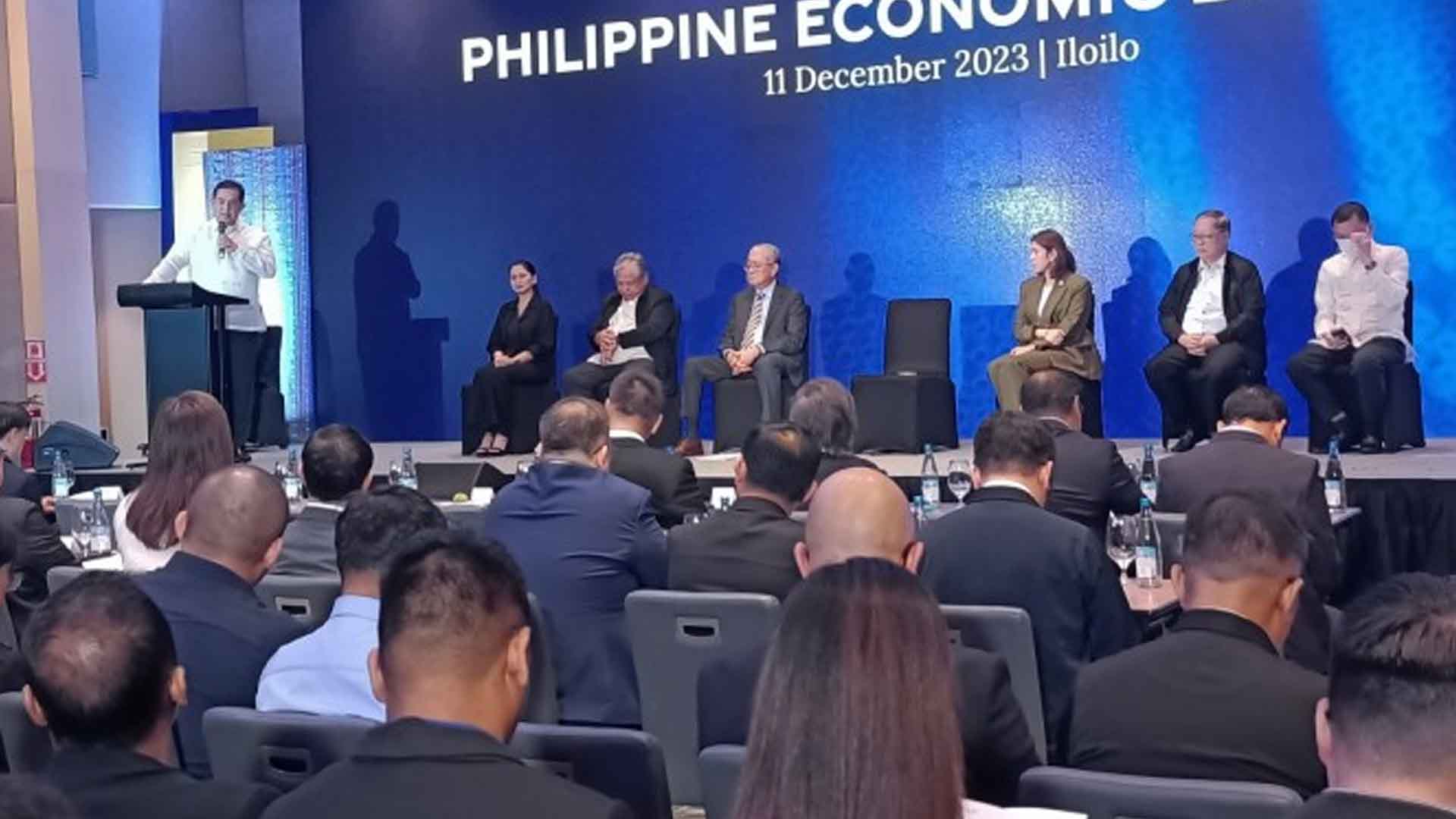The national government has spent roughly 98 percent of its PHP5.268 trillion budget for this year, according to Budget Secretary Amenah Pangandaman.
At the final leg of this year’s Philippine Economic Briefing held at the Courtyard by Marriott Hotel here on Monday, Pangandaman said government agencies delivered their catch-up plans that resulted in the high spending.
Pangandaman said the national government spending in the past quarter was not what they were expecting so the growth of the country’s gross domestic product was also not that high.
“The President already talked to us, we were asked to submit a catch-up plan and all the agencies and departments were able to do it, thus 98 percent of spending,” she said.
The remaining percent, she said, is more of lumpsum projects that would be paid in the national government budget.
In the same briefing, Pangandaman announced the increase in the national tax allotment in the Visayas region by 6 percent, from PHP50.9 billion in 2023 to PHP54.15 billion in 2024.
“Out of the PHP5.768 billion proposed budget for next year, which hopefully will be ratified today and signed by the President when he comes back from Japan, PHP604.5 billion is allocated for the regional offices and PHP207.5 billion will be allocated for the Visayas region for various projects, activities and programs,” she said.
The budget does not include projects from the central office to be downloaded to regional offices, the budget secretary added.
As a whole, Pangandaman said the priority sectors for next year are still the same, education and health sectors with the highest budget allocation at 39 percent increase, followed by agriculture with 30 percent, which will be used to fund post-harvest and incentives for farmers and fisherfolk.
Further, 5 percent to 6 percent of the GDP will go to infrastructure spending to boost logistics support while digitalization will also have an increased share in the budget.
Meanwhile, Bangko Sentral Governor Eli Remolona Jr., in his message, said that with the right kind of monetary policy, they were able to bring down the country’s inflation rate, and in November was already at 4.1 percent from 8.7 percent in the same month last year.
Remolona said the supply shocks gave the country its highest inflation rate in 14 years.
“I think we have the advantage that in 2002, we instituted this thing called inflation targeting framework. In other words, we announced our target inflation rate, the target is now 2 to 4 percent. And we are trying to stick to that target. The target serves to anchor inflation expectations,” he said.
Amendment on economic provisions
Meanwhile, House Speaker Ferdinand Martin Romualdez, in his keynote address, said the country is on a solid footing with economic managers taking charge of the economy amid the global shocks.
He said this year’s theme “Agenda for Prosperity, Economic Transformation toward Inclusivity and Sustainability” also mirrors the legislative priorities of the House of Representatives.
These include infrastructure development, enhancement of the educational system, strengthening healthcare system ensuring accessible healthcare, business and investment climate ensuring that is it conducive, and agriculture development and food security.
“Our focus is on creating a robust economy with every Filipino from the northernmost provinces to the southmost islands can thrive with peace and abundance,” he added.
Romualdez announced they would pursue the amendment of the Constitution, zeroing in on economic provisions through a Constituent Assembly.
“We want to do this because we really want to address the economy. We want to lift the restrictive provisions in our Constitution vis a vis the economy,” he said.
Today’s briefing is the last leg of the series of PEBs this 2023. (PNA)








